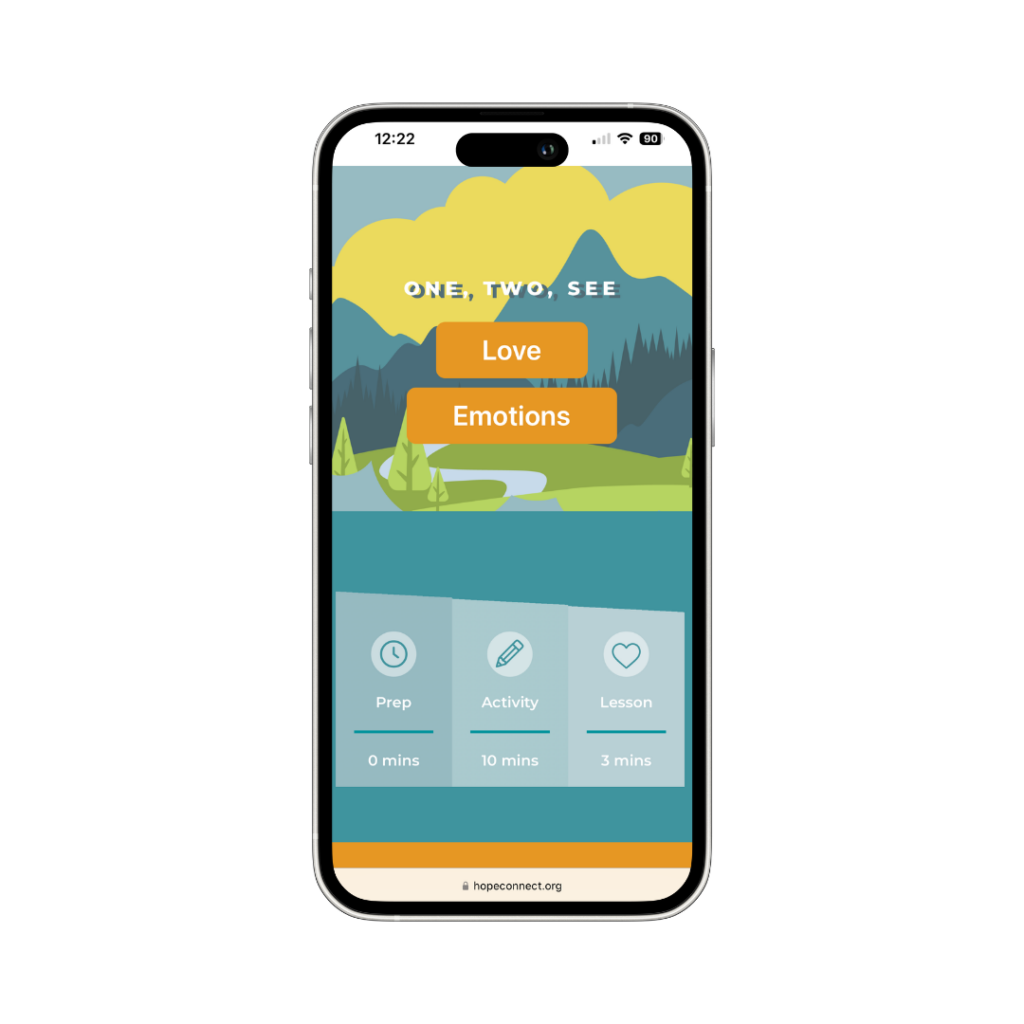As a foster parent, you’ll find that there are plenty of meetings and appointments your child will need to attend. In many cases, children will also have scheduled visitations with their biological parents.
While these encounters can bring up big emotions for everyone involved, having a plan in place can help make the experience more predictable and positive for both you and your child.
Read on for our best tips to help your child have a successful visit with their biological parent(s).
Foster Parent Expectations
As you prepare to take your foster child to a visit with their biological parents, it can be helpful to reflect on your mindset ahead of time and adjust your expectations. Here are three things to keep in mind to support both you and your child.
- Remember this is a partnership. Often, foster parents are co-parents with a child’s biological parents. While the child may live with you, their biological parents still retain important legal rights. Forming a respectful and cooperative partnership with your child’s biological parents will benefit the child’s well-being and sense of security.
- Separate “unwise” from “unsafe.” In any co-parenting situation, the adults involved will disagree on some issues. However, it’s important to distinguish between unwise and unsafe choices in parenting. For example, if a biological parent gives your foster child candy during the visit and they usually don’t have sweets during the week, this action is not harming the child and should be permitted — even if you disagree with it.
- Respect the biological parents’ time. For the majority of the week, your foster child lives with you. However, during the biological parents’ visit, that is their time to be with their child. It’s natural to notice differences in parenting styles, but it’s important to allow space for those interactions—even if they don’t look exactly like your own.
Preparing for a Visit with Biological Parents
Visits with biological parents can bring out a wide range of emotions in foster children. For some it can be a source of joy, for others, a source of anxiety or sadness. It’s important to validate your child’s emotions, whatever they may be, and offer support in a way that helps them feel safe and prepared.
If your child tends to feel anxious leading up to visits, one helpful strategy is to create a visual countdown. This gives your child a sense of structure and predictability, which can reduce anxiety. For example, you can purchase a small dry erase board and post it on your refrigerator. Each morning, record the number of days left until your child’s visit with their biological parent. This can help your child prepare for the event and feel less nervous about it.
Another helpful tool is to prepare your child emotionally through storytelling or simple role play. For example, you can walk through what the visit might look like—who will be there, what they might talk about, and how the goodbye will go. This can help younger children feel more confident and reduce the fear of the unknown. Use dolls, drawings, or simple language to make it approachable and engaging.
Supporting Your Foster Child After a Visit
After a visit with their biological parents, it’s common for children in foster care to come back to your home feeling dysregulated. This can also happen if the visit is unexpectedly canceled.
When your foster child cannot manage emotional responses effectively, here are three actions you can take to support your foster child:
- Have a consistent “after visit” routine. This can include watching a movie, drawing, or going to the park.
- Give your child a nourishing snack. Feed your foster child something they enjoy that’s healthy, too.
- Participate in a calming activity together. For example, reading a story together or doing an art project.
Our HopeConnect™ Everyday Moments™ collection offers you various ways to connect with your child through fun-filled, trauma informed activities that also help you speak the Hope of God’s Word into their heart.
Advocating as a Foster Parent
As a foster parent, one of the most important roles you have is advocating for your child. If you notice any concerning trends surrounding visits with your foster child’s biological parents, speak up. Communicate your concerns with your Dependency Case Manager, Guardian Ad Litem, Licensing Agency, children’s attorney and children’s therapist.
KEY TAKEAWAY
Facilitating visits with your foster child’s biological parents can feel overwhelming at times. However, it’s important to approach these moments with compassion. Have compassion for your child, and the biological parents’ situations that have led them to this place.
“Since God chose you to be the holy people he loves, you must clothe yourselves with tenderhearted mercy, kindness, humility, gentleness, and patience.” ~Colossians 3:12 (NLT)
APPLICATION
If your foster child needs a quiet moment to connect with you after a visit with their biological parents, play Flashlight Tag at bedtime. This soothing game helps your child remember Jesus is the light of the world, and He is with us — even in the darkest moments.
Find this game and more now in the Everyday Moments™ activities collection!






